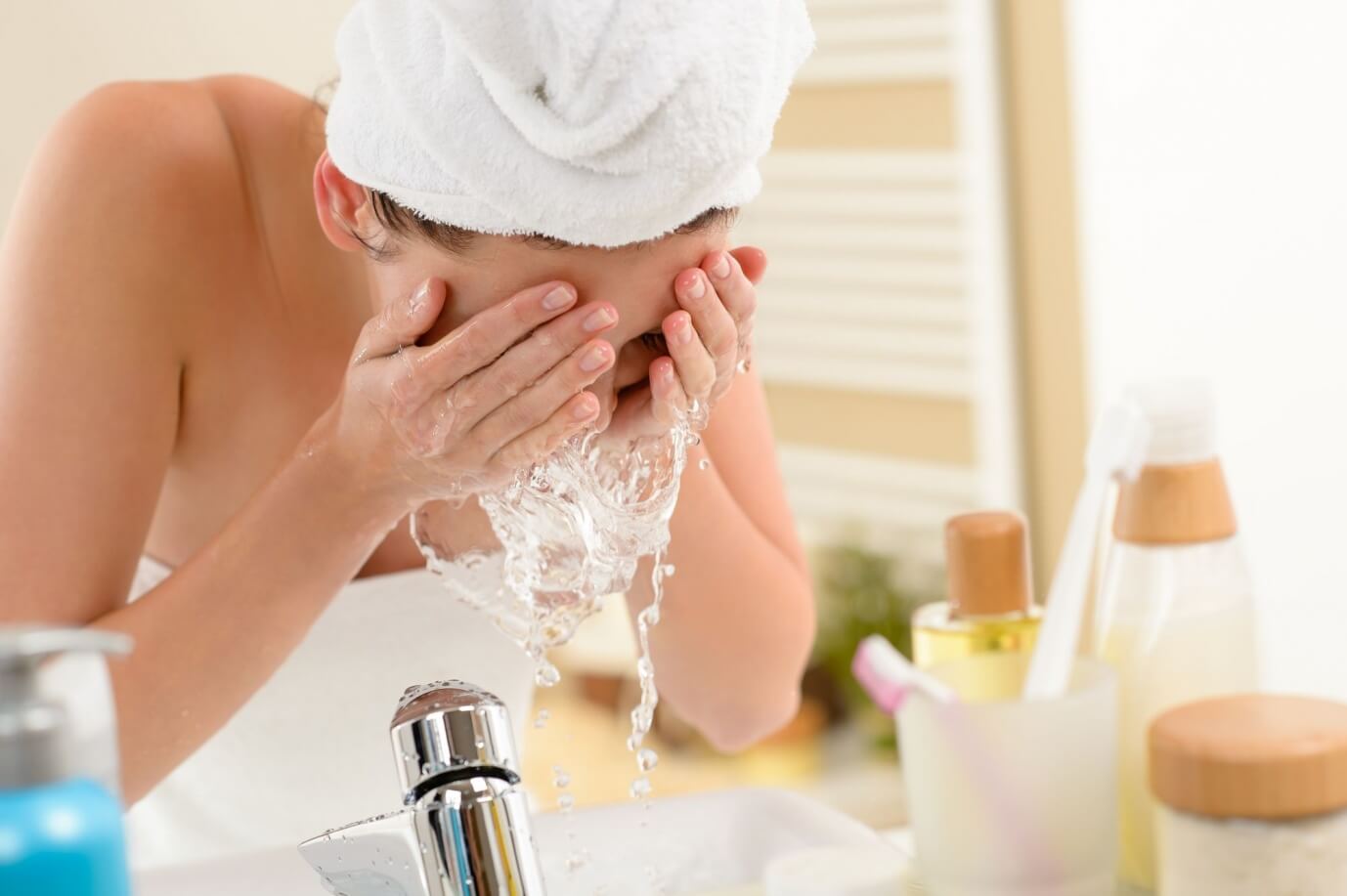The double edge effect of chlorine – when the benefit of saving lives comes at the cost of the dangerous side effects.
A necessary evil
The highly effective antibacterial performance of chlorine justifies its active use by authorities around the world as a water treatment agent. Disinfection keeps dangerous bacteria and viruses away from tap water as it travels through pipes to our homes. Chlorine efficiently eliminates these threats, but while there are benefits to its use there are also side effects. One should take a conscious look at them before consuming chlorinated tap water and using it for bathing or other household needs.
Carcinogenic by-products
Chlorine and its dangerous organic by-products represent a significant cancer risk factor. Chlorinated tap water becomes even more dangerous during heating because toxic compounds are synthesised under high temperature conditions. The Environmental Protection Agency (EPA) warns* about the link of long term consumption of chlorine by-products such as Trihalomethanes (chloroform). Studies also show a correlation to bladder, kidney and colon cancer. Researchers particularly warn pregnant women against consuming chlorinated tap water to avoid birth defects and a higher risk of miscarriage. It is important to understand that both type of contacts, bathing/showering as well as drinking chlorinated water, pose an incremental lifetime risk of health problems.
Virtual wellbeing
Continuous exposure to chlorine in shower water may result in a range of visible skin abnormalities from dryness and frequent acne outbreaks to premature aging and severe allergies**. Skin and hair are the most visibly affected; skin loses natural moisture and becomes dehydrated. Hair may also lose brilliance, feel rough and look dull.
Even more serious changes may accumulate unnoticed inside the body. Children are particularly at risk as they are exceptionally sensitive to water quality.
How you can minimise your exposure to chlorine in tap water
Start with addressing your drinking and cooking water. As a first step to immediately eliminating chlorine and its by-products you can start using an Aquaphor filter jug. It’s not a big investment and requires no installation, so you can use it right away, and despite its seemingly simple look it embraces vigorous technology. You can then consider looking at Aquaphor’s wide range of even more advanced water filter products.
To ensure you are not also exposing your body to chlorine whilst bathing, use of a high-quality whole-house filtration system may be necessary. These require professional installation but provide all the clean and chlorine-free water you need for washing and household needs.
* American Journal of Epidemiology, Volume 165, Issue 2, 15 January 2007 https://academic.oup.com/aje/article/165/2/148/98015/Bladder-Cancer-and-Exposure-to-Water-Disinfection
** American Journal of Epidemiology, Volume 164, Issue 11, 1 December 2006 https://academic.oup.com/aje/article/164/11/1043/61572/Exposure-to-Drinking-Water-Disinfection-By

